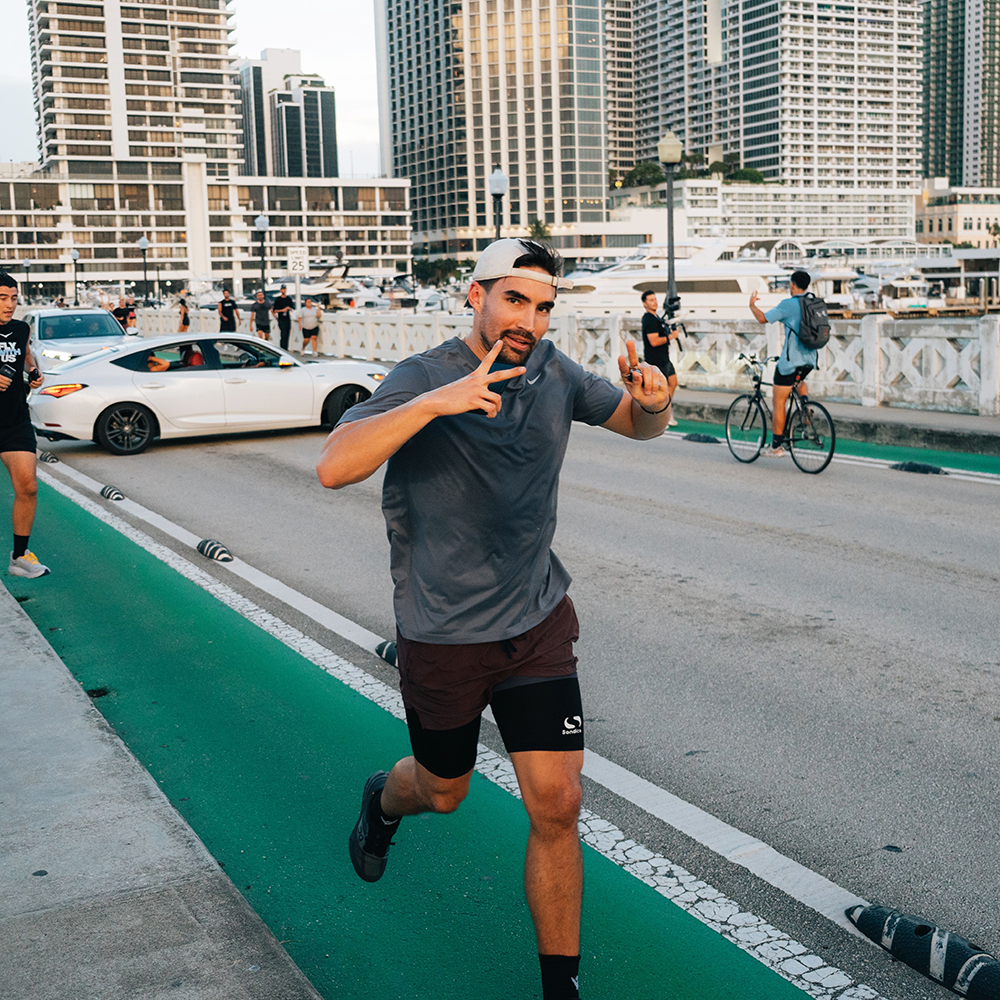Pre-workout fueling: What to eat before you lift, run, or train
Learn what to eat before the gym, lifting, or running. Science-backed guide to pre-workout meals, timing, and hydration.

Introduction
What you eat before exercise can make or break your workout. A well-balanced pre-workout meal provides the energy to train harder, avoid fatigue, and recover faster. On the other hand, skipping fuel or eating the wrong foods can leave you sluggish, lightheaded, or with stomach cramps.
This guide breaks down what to eat, when to eat, and how to hydrate before training — whether you’re lifting weights, hitting a run, or doing a high-intensity session.
Why pre-workout nutrition matters
Exercise performance depends heavily on available energy. When you train in a fasted or under-fueled state, your body taps into glycogen stores (carbohydrates stored in muscle and liver). If those stores are low, fatigue sets in faster.
Research shows that proper pre-exercise nutrition can:
- Improve endurance performance【ACSM, 2016】
- Increase muscle protein synthesis when combined with protein【ISSN, 2017】
- Delay fatigue and improve focus during high-intensity exercise【Journal of Sports Science, 2014】
Choosing the right macronutrients
- Carbohydrates: The body’s preferred fuel. Provide quick energy for strength and endurance sessions.
- Protein: Helps reduce muscle breakdown and primes recovery.
- Fat: Useful for longer sessions, but avoid heavy, high-fat meals right before exercise as they slow digestion.
👉 General guideline: Carbs + small amount of protein, low in fat and fiber.
Timing your pre-workout meal
- 2–3 hours before training: A balanced meal with carbs, lean protein, and light fat (e.g., chicken, rice, and vegetables).
- 30–60 minutes before training: Quick snack with simple carbs + small protein (e.g., banana with peanut butter, Greek yogurt with fruit).
Pro tip: Experiment with timing during training, not on competition day.
Best meal and snack options before training
Meals (2–3 hours before):
- Turkey sandwich on whole-grain bread with fruit
- Grilled chicken, rice, and steamed vegetables
- Oatmeal with milk, banana, and almonds
Snacks (30–60 minutes before):
- Banana with a spoonful of peanut butter
- Rice cakes with honey
- Low-fat yogurt with berries
- Energy bar with 15–20g carbs
Hydration and caffeine considerations
- Hydration: Drink 16–20 oz of water 2–3 hours before exercise, and 8–12 oz 20–30 minutes before【ACSM Hydration Guidelines】.
- Caffeine: 3–6 mg per kg bodyweight (about 200 mg for a 150-lb athlete) consumed 30–60 minutes before can boost performance【ISSN, 2021】.
- Avoid overdoing caffeine, especially in the evening, as it may impact sleep and recovery.
Practical tips for gym-goers
- Don’t try a brand-new food before an intense workout.
- Lighter snacks work best if you train early in the morning.
- Test caffeine tolerance during training, not on game day.
- Consistency is key — make pre-workout fueling a habit, not an afterthought.
References
- American College of Sports Medicine (2016). Nutrition and Athletic Performance Position Stand.
- International Society of Sports Nutrition (2017). Position stand on nutrient timing.
- International Society of Sports Nutrition (2021). Position stand: Caffeine and exercise performance.
- Journal of Sports Science (2014). The role of carbohydrate availability in exercise performance.
FAQ's
A light snack with fast-digesting carbs and a little protein, such as a banana with peanut butter or a rice cake with honey.
If you have less than an hour, stick to something small (fruit, yogurt, or an energy bar). For longer or harder sessions, a proper meal 2–3 hours before is ideal.
Yes. Caffeine has been shown to boost performance and focus when taken 30–60 minutes before exercise. Just avoid excess amounts or drinking it too late in the day.
Eat better. Feel better. Perform better.
Discover healthy recipes, plan meals, create shopping lists, and track macros — all in one app.

